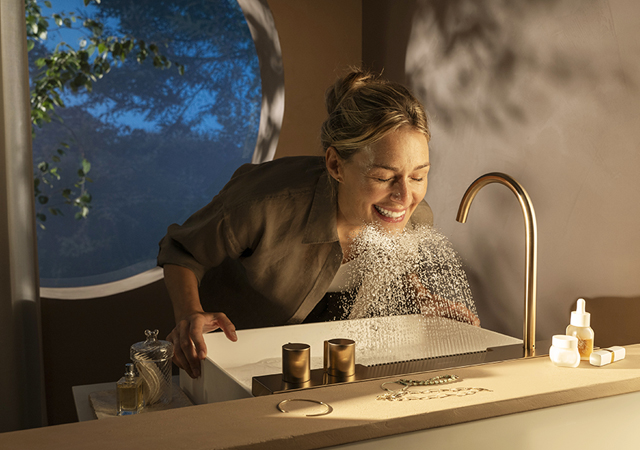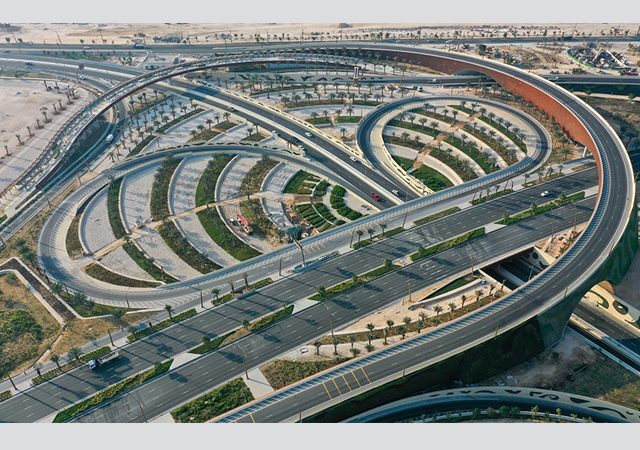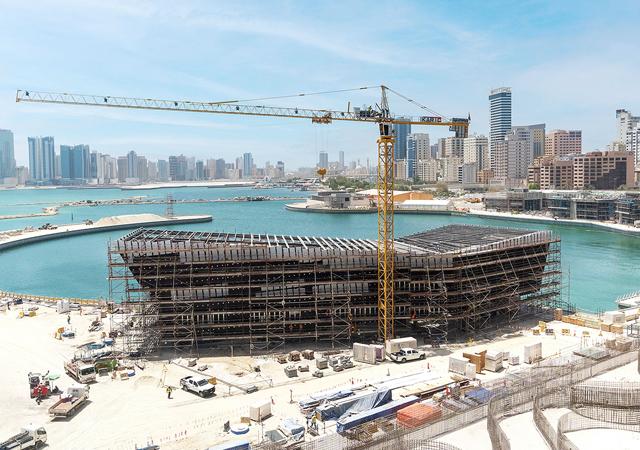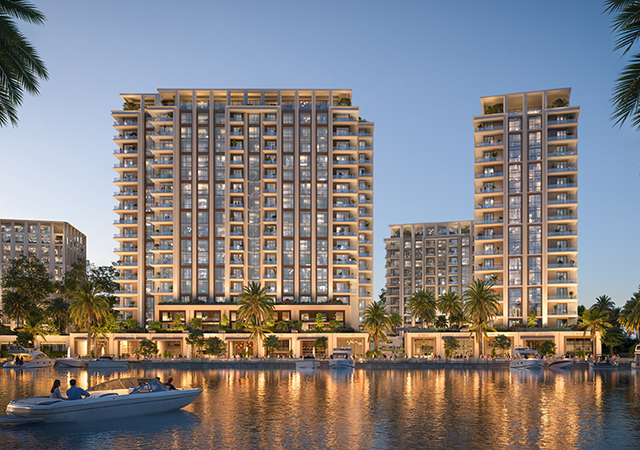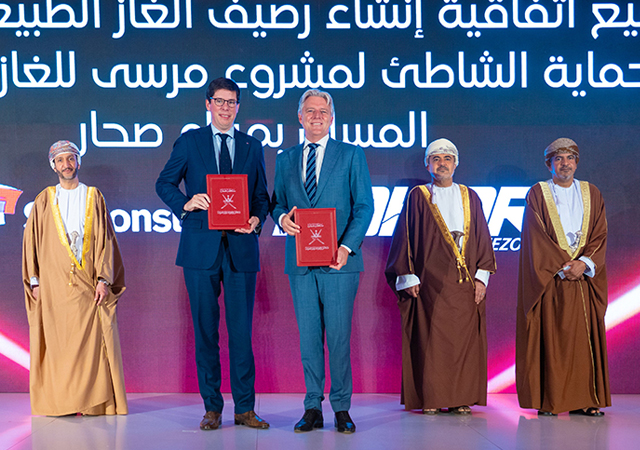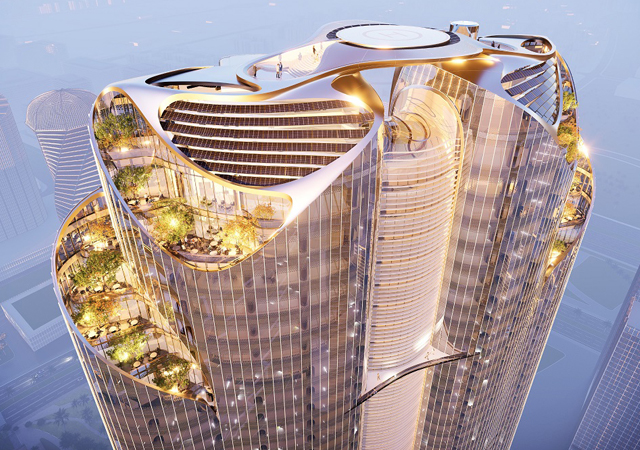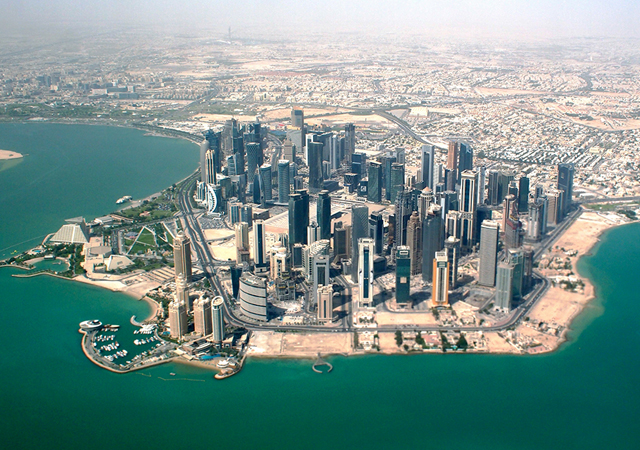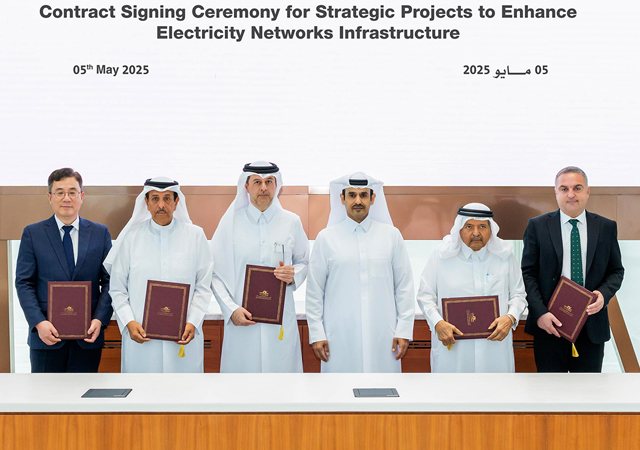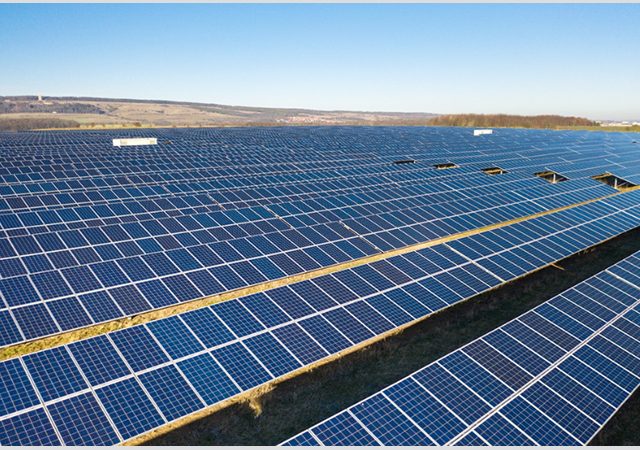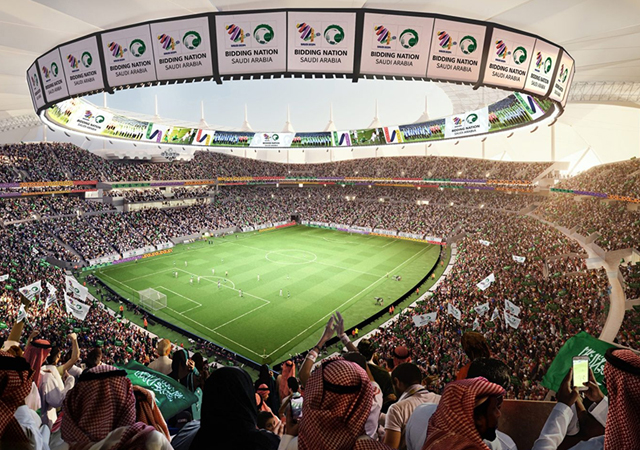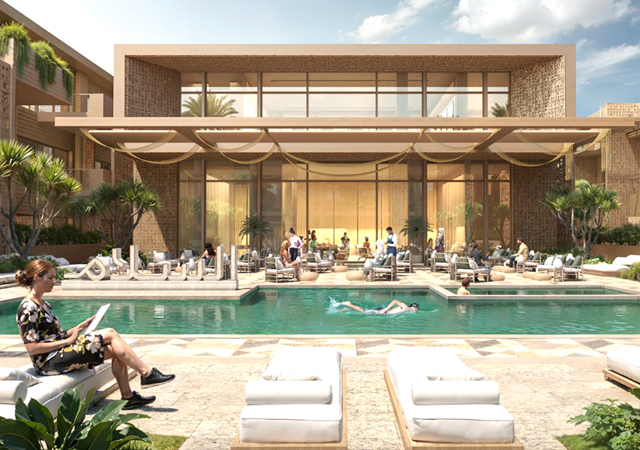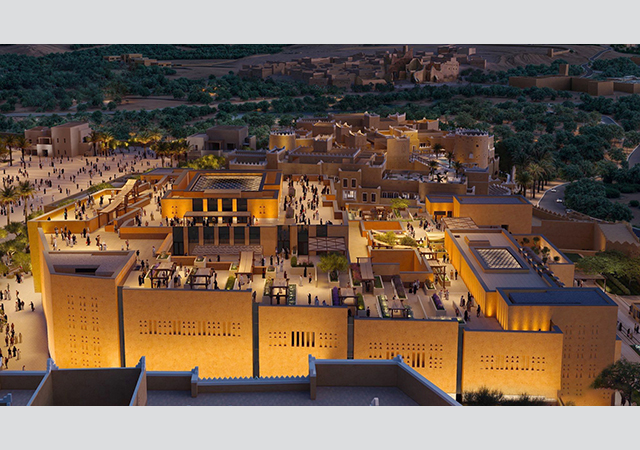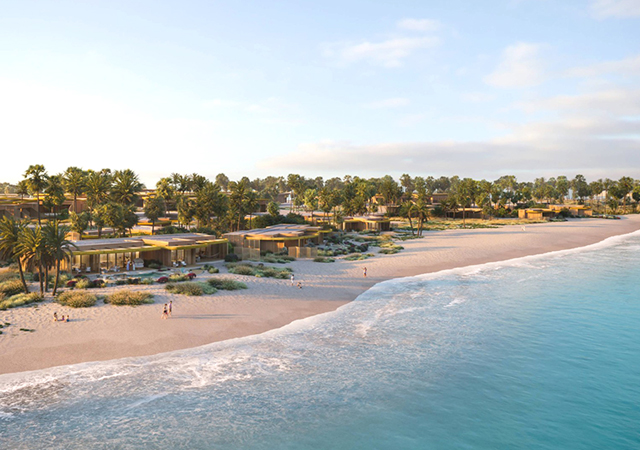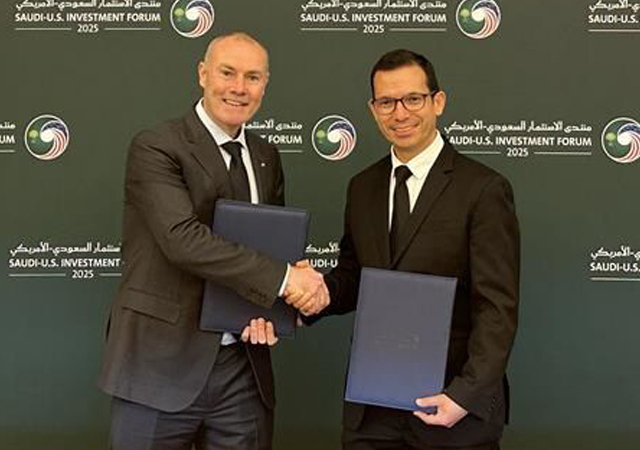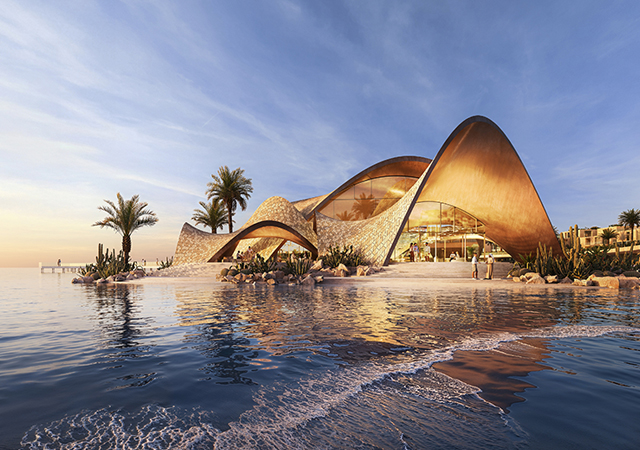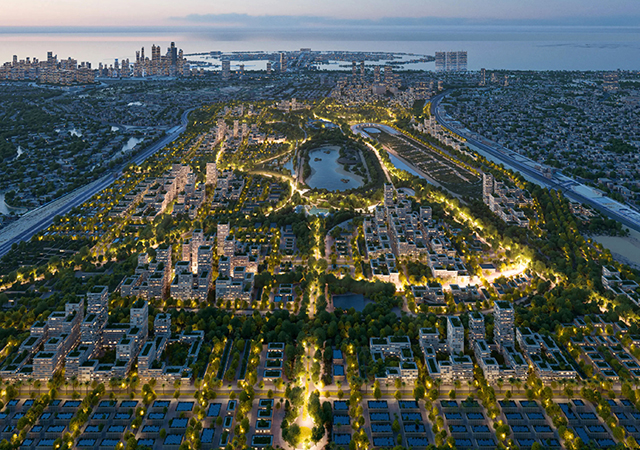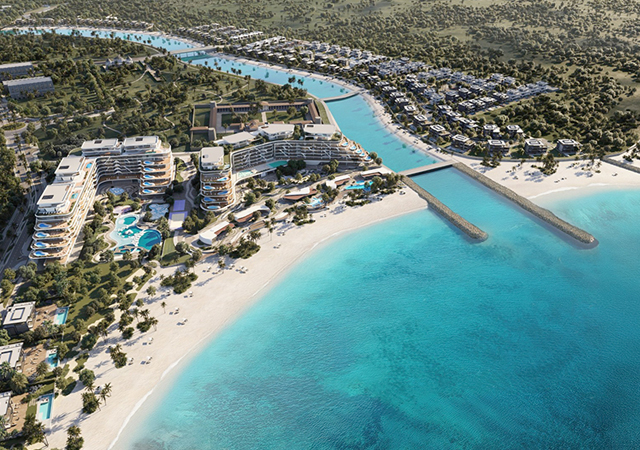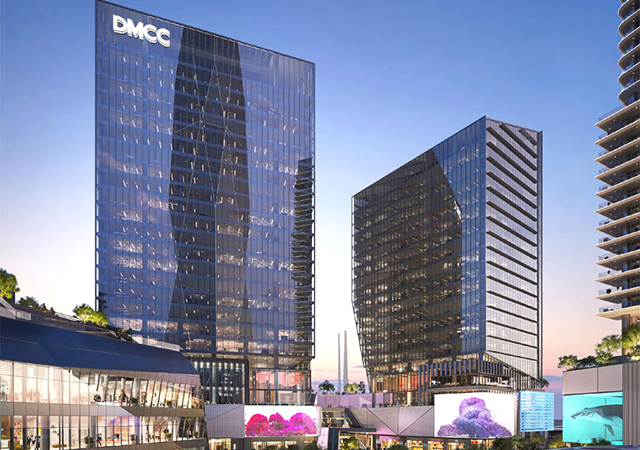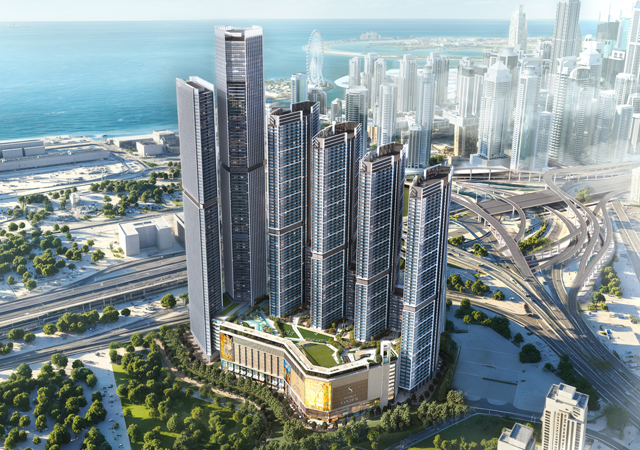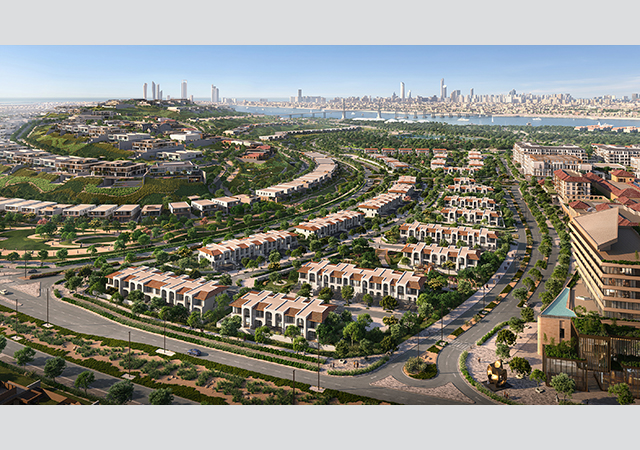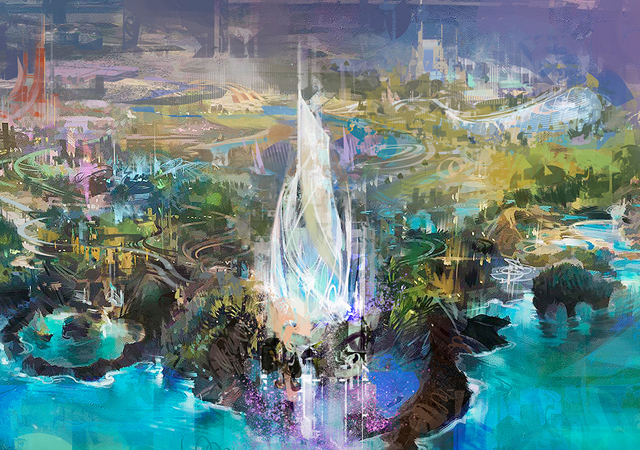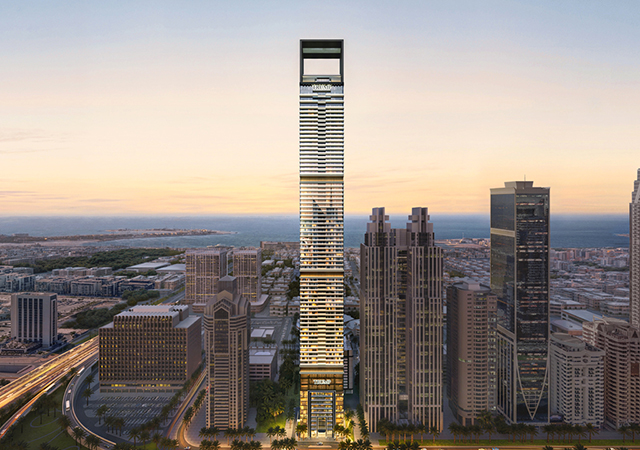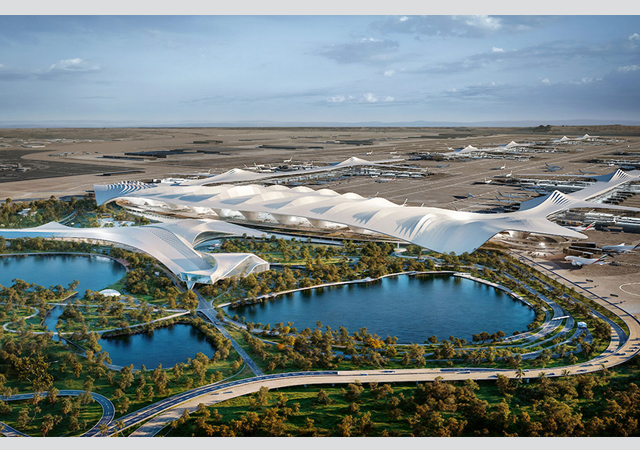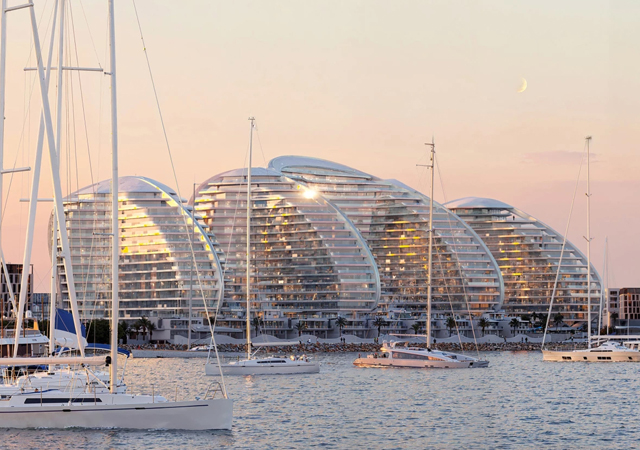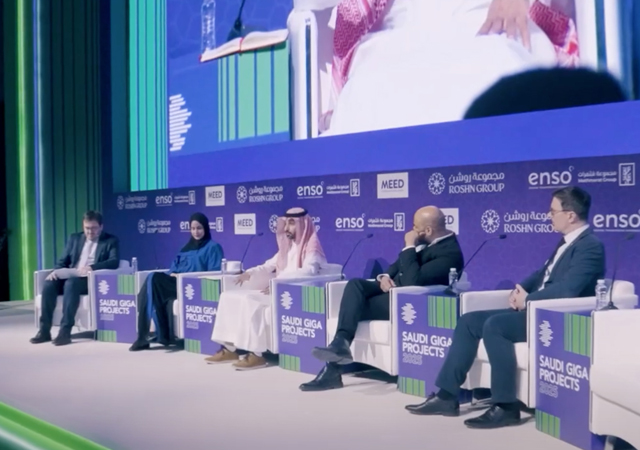

The long-term investment that Hilti made almost two decades ago in setting up a regional office at Jebel Ali Free Zone has certainly paid off, says Michael Hilti, who has been chairman of Hilti since 1994.
Returning to Dubai after almost a decade, Hilti was clearly amazed at the remarkable change that the emirate has undergone.
“I had visited Dubai sometime in the early 90s – which was my first visit. I see a huge change. Business has been good over the past two years and Hilti (Middle East) has been registering double-digit growth. The market in this region is very promising and we expect this trend to continue during the coming years,” he says.
Last year, the Hilti group posted a 10 per cent increase in sales, from CHF 3.01 billion in 2003 to CHF 3.3 billion ($2.39 million to $2.6 million) in 2003. This was largely achieved through expansion of sales capacities with the addition of roughly 600 employees and the introduction of new products. Additionally, worldwide construction activity also grew slightly for the first time in several years.
“The UAE market is very active at the moment, with Dubai being the biggest market opportunity for Hilti in this region. The construction market here is booming unlike many markets in Europe where you hardly see any crane,” Hilti comments.
Hilti’s know-how, products and services have contributed significantly to the construction of most of the major landmarks in the region, he adds.
Vital to the company’s overall global success has been its corporate culture and management, which earned it the prestigious Carl Bertelsmann Prize in 2003. The prize was awarded by the Bertelsmann Foundation following a thorough assessment of more than 60 leading companies throughout Europe.
Strategy
Hilti’s business plan known as the Champion 3 C strategy – which stands for customer, competence and concentration – which has been carefully instilled within its employees over the past two decades has driven the company to greater heights.
Elaborating on this key strategy, Hilti says: “We want to be the best partner for our customers. Secondly, we display our competence in areas of innovation, comprehensive quality, direct relationships and effective marketing. The third C, concentration signifies that we are concentrating on products and markets where we secure, and retain a leading position.
“In implementing our strategy we follow five key issues – people, culture, product leadership, market reach and operational excellence.
“It is a broad framework, which the different regional offices have to adopt. But local managements are free to adapt to local needs and find the best solutions to serve their customers better.
“Our mission statement says ‘We passionately create enthusiastic customers and build a better future.’ Building a better future means including all stakeholders that is our customers, employees, partners, suppliers, the environment, society and our shareholders – the Martin Hilti Family Trust. A company can have sustainable growth if all stakeholders also develop and profit.
“People are the determining factor for success. Hence, our goal is to have as many entrepreneurs in the company as possible.”
Hilti is a multi-cultural company. At its headquarters, it has in the management about 35 to 40 different nationalities. “We see this as a great asset for the company,” says the chairman.
“We have won a couple of awards in Europe for best corporate culture. It was quite a challenge because you cannot apply for these awards, you are selected from outside. This has given us a good boost and we have gone a step further by revising our cultural training programmes,” he points out.
Hilti continues: “For over 20 years, we have been working on anchoring our values of integrity, having courage to change, teamwork and a high level of commitment within the company, in special cultural training courses that include all levels of hierarchy.
“Workshops, running from three to five days, are held periodically for all employees around the world. Here we not only focus on our values but also reflect on what can be called the brutal facts, facing what may also be characterised as barriers to greatness. Open discussions are held which I think is very good because the team building aspect comes very strong here. Culture is a tremendous benefit not only in the way you work together, which makes it easier, but also for the performance of the company - the ability and the willingness to change, which is important today.
Innovation
Innovation is given particular significance at Hilti. Last year, the company spent $111 million on research and development.
“Products that we have introduced in the last three years account for almost 30 per cent of our sales. I see this trend continuing upward in the future. We are continuously trying to enhance our potential for innovation to maintain our worldwide competitive edge. This means that we not only increase the speed of innovation, but also expand our range of products and services in order to better meet individual customer needs,” he says.
Last year, the company introduced at least eight new products including a rock anchor, firestop board, diamond coring system, rotary hammer, rotating laser, jig saw, pipe support system, and stand-up fastening tool.
He continues: “We look at innovation from two sides. One is the technical innovation. We are in direct contact with the end-users, and working in close association with them helps us better understand their needs and problem.
“We also look at innovation in the form of services we provide, how we structure our services because we do not sell products, we sell a system, a solution combined with all the services.
“All our products are built for tough construction environment because Hilti was never into DIY (do it yourself) business. We cater to the requirements of professional markets and end-users that’s why our tools can work in any environment condition.
“Before launching a product, we discuss with our regional offices as to what is in the pipeline and find out where there is more use for the new product.”
Plans for the Gulf
Commenting on Hilti’s plans for the region, he says: “ At the moment, we do not have any plans to set up an assembling plant in the Middle East. We have just put up an other assembling facility – our second - in China and have to see how it works. We will continuously assess the potential for the Middle East region. We want to move step by step. Hilti has a total of eight plants and all of them manufacture for world markets and is active in more than 120 countries.
“The Middle East region has developed very strongly specially in the last few years and what we have to do is strengthen our infrastructure. This is a little complicated here as we are working with business partners, which has both advantages and disadvantages. But we have long-term partners here and they also see that the market offers great potential.
“Then, of course, we also have to bring in more competence and more expertise because anyone who joins Hilti is not productive from the first day - it takes time to know the market and products so that he can talk on the same level as our engineers.
Competition
The company does face a lot of competition, he says. “If you are a market leader in your field then you are also benchmark for other people. When we launch an innovation, a lot of competitors look at it and try to copy it, but that is life and it keeps you fit and running,” Hilti says.
The group, however - which launched by Michael Hilti’s father in 1941 - has faced competition efficiently since its early says.
“When our company started, we had to soon think about exports as the local market was very small. It prompted us to face competition as we had to stand on our own. Liechtenstein then was a poor country totally dependant on farming. We had to bring in expertise - brain capital. Today Liechtenstein is among the highly industrialised countries in the world as 30 per cent of its GNP comes from industry and 30 per cent from the financial sector,” he explains.
Hilti is also looking at broadening the company’s horizons. “Besides construction, our products are also for interiors and finishing. We are entering other markets such as oil and gas industry and mining industry. We are always looking at sectors offering opportunities.”
Outlook
Commenting on prospects for the year, he says: “Business was good during the first quarter of this year and it appears that the world economy will continue to develop positively. We hope to further increase our sales in 2005.”
• Hilti is also a member of the Board of Trustees of the Martin Hilti Family Trust, chairman of Liechtenstein Chamber of Industry and Commerce (LIHK), and a member of the advisory board of Credit Suisse group and the board of directors of Hilcona in Schaan/Liechtenstein.


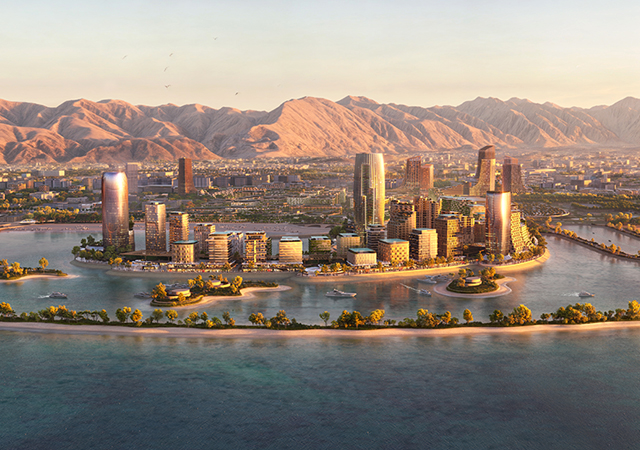
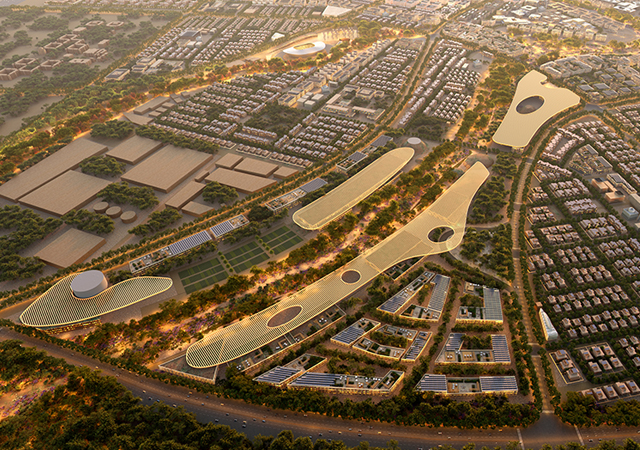
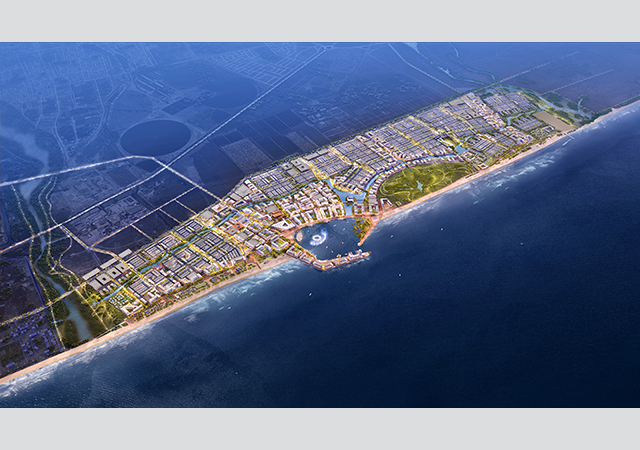
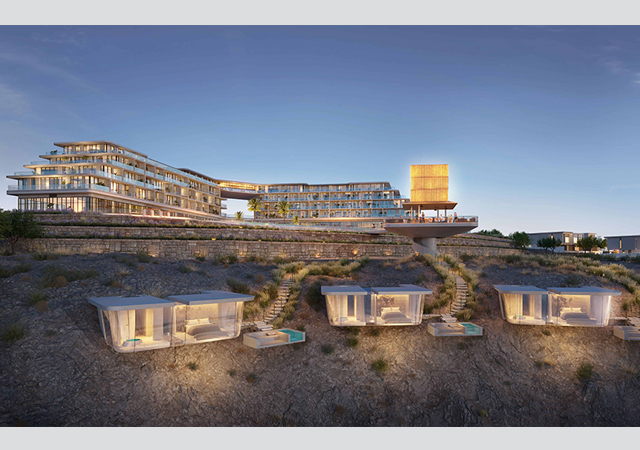
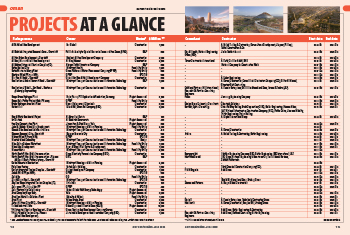
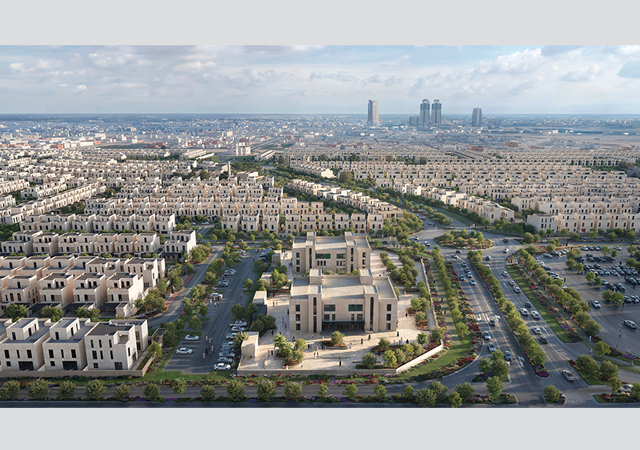
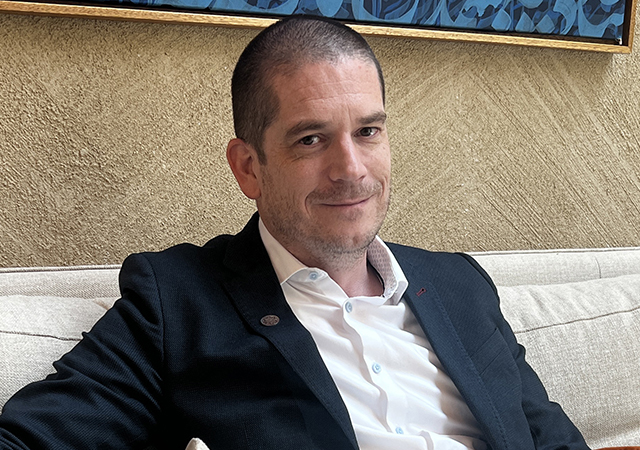

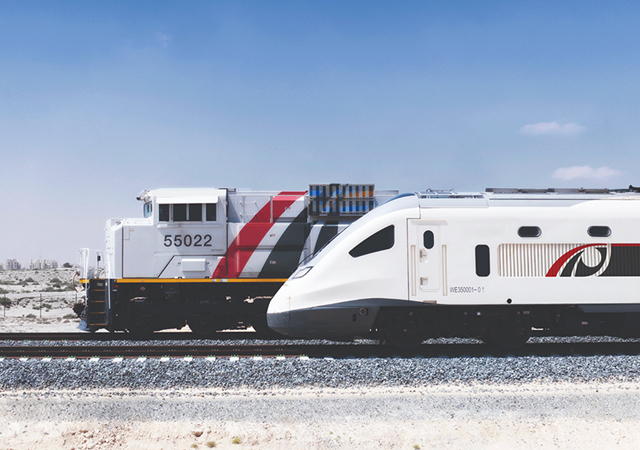
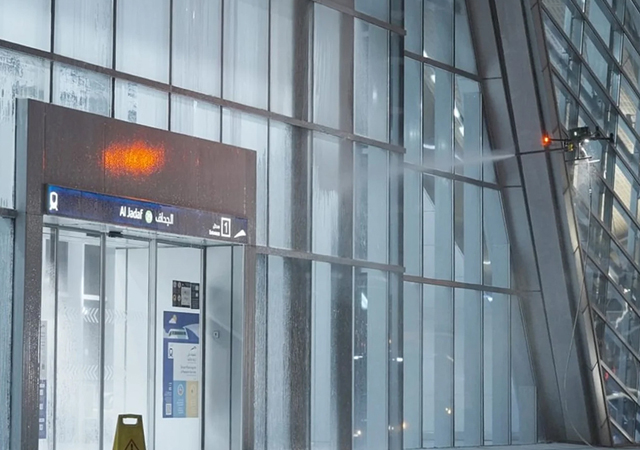
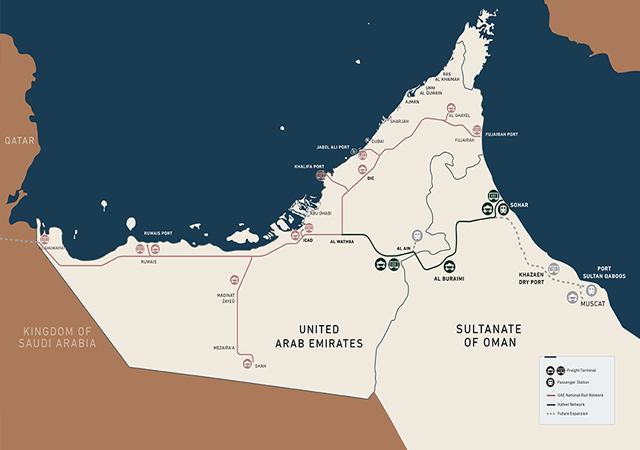
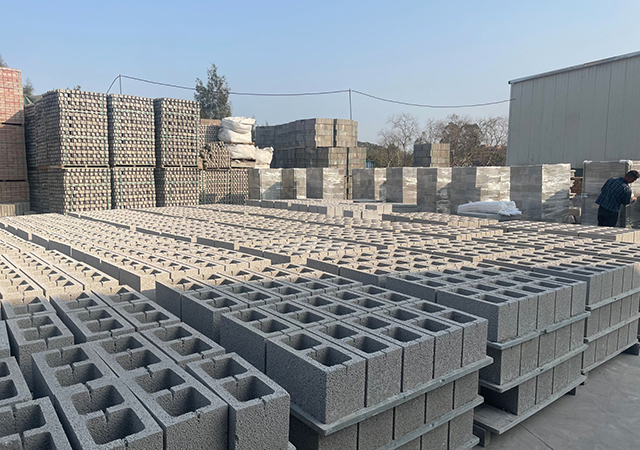
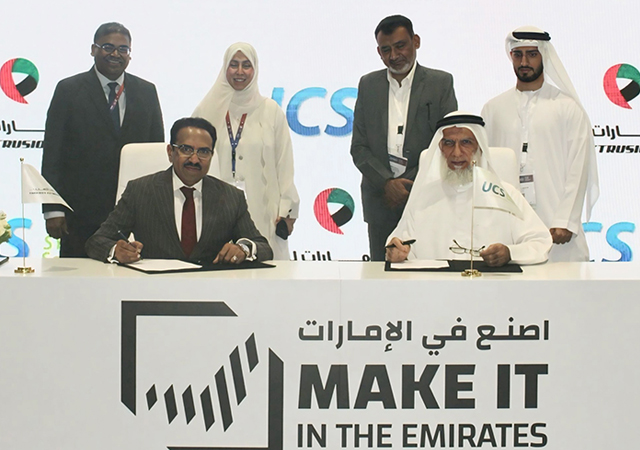
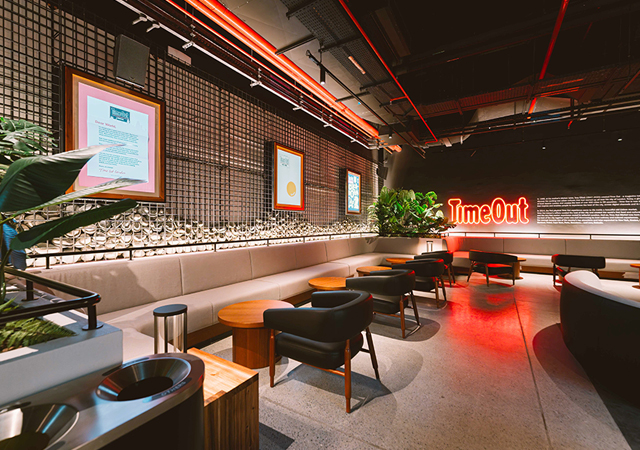
.jpg)
.jpg)
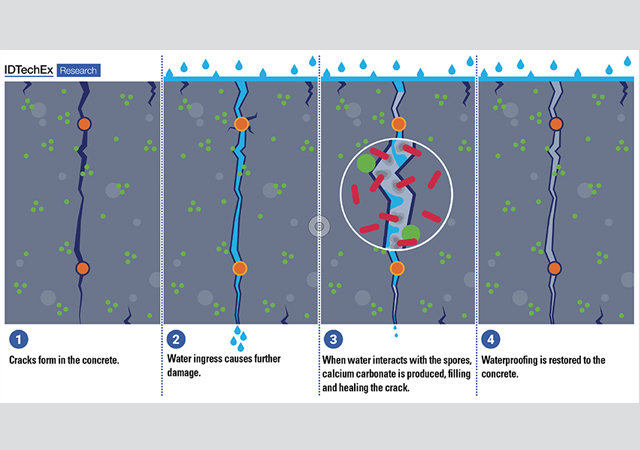
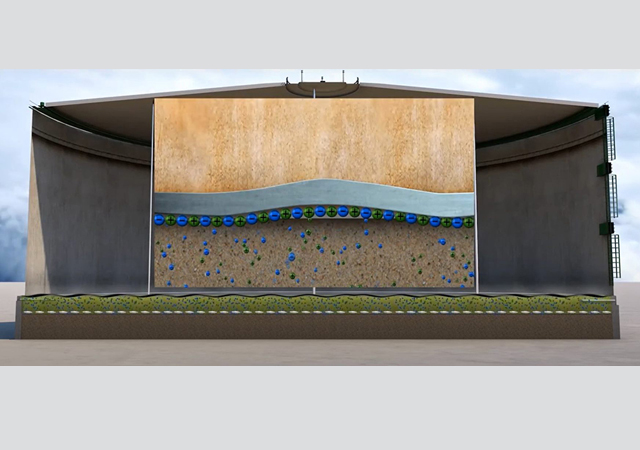
.jpg)
.jpg)
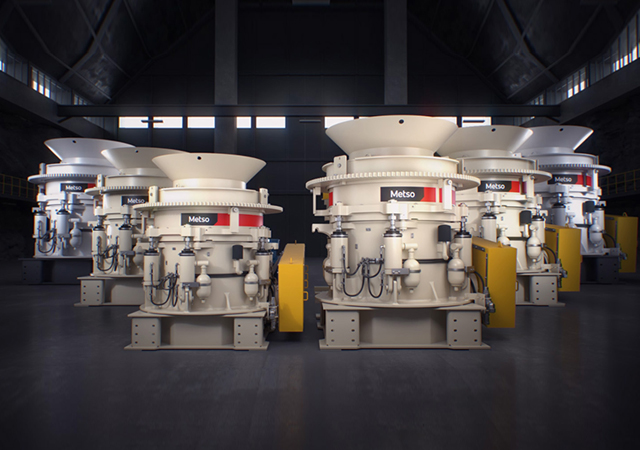
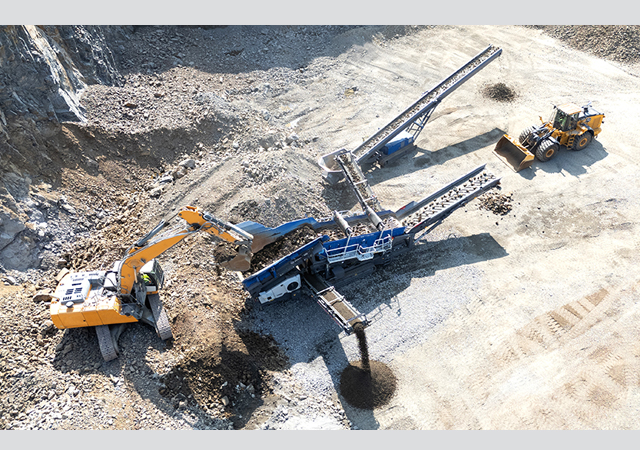
.jpg)
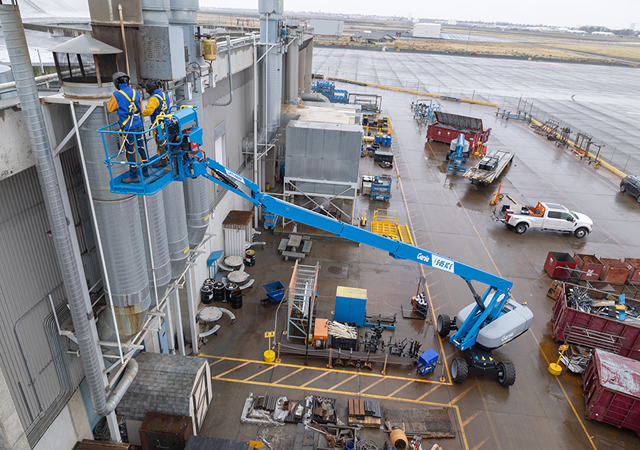
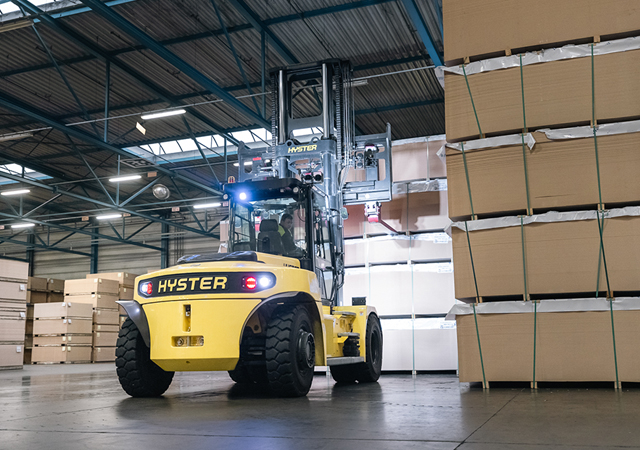
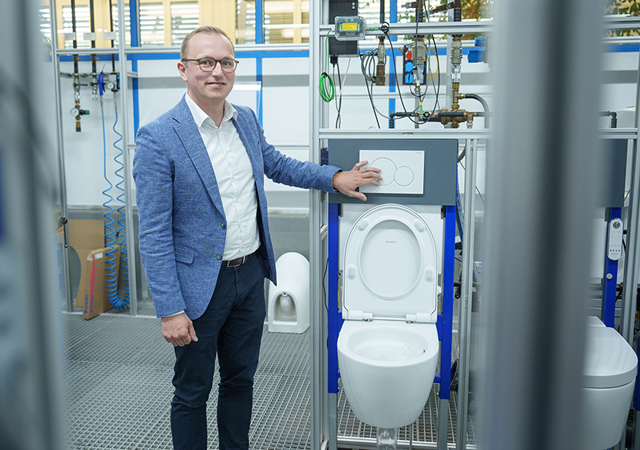
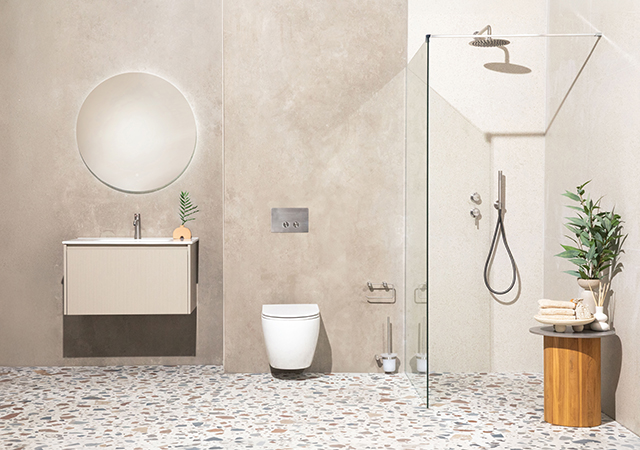
 Doka.jpg)
